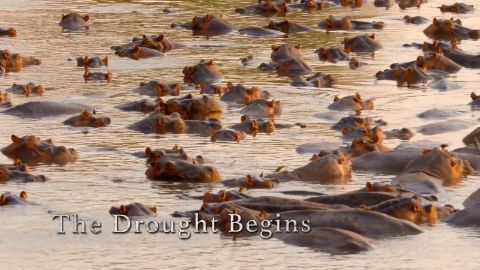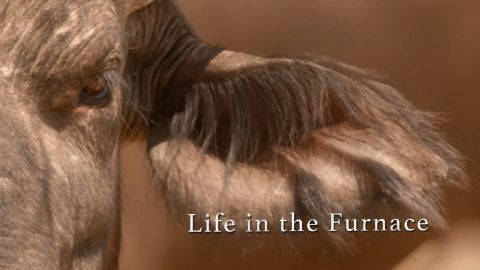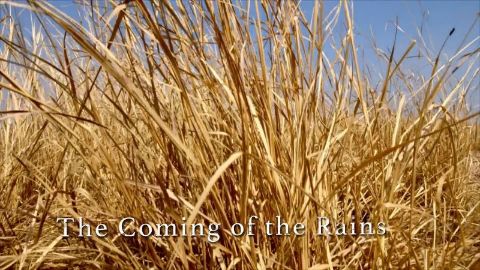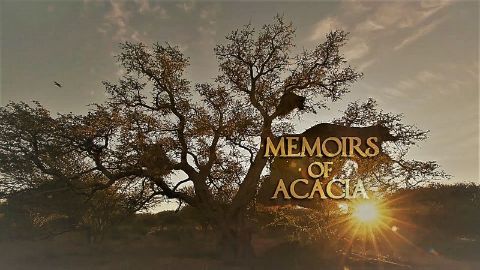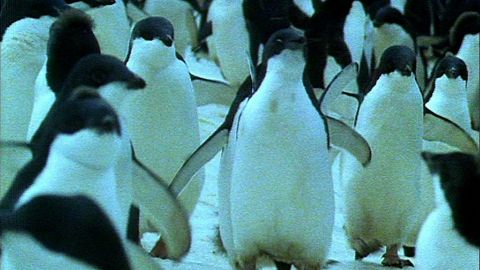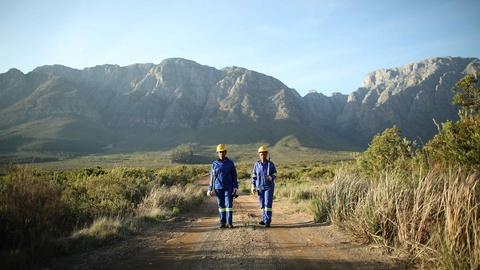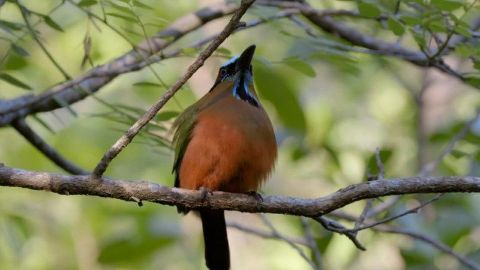The Big Dry • 2017 • 3 episodes •
The Luangwa Valley in Zambia experiences one of the toughest dry seasons imaginable. Seven months with no rain and spiralling temperatures. And with this year’s El Nino conditions the drought is threatening to be even more intense than usual.
2017 • Nature
It’s October in Zambia’s Luangwa Valley. The hottest and harshest time of year. But this year dry season conditions are exacerbated by a global El Nino event… the Valley is in the throes of drought. There’s been no rain since April and desperate animals are drawn to the only remaining source of water in the Valley – the dwindling Luangwa River...
2017 • Nature
The rains are late. It is the most brutal time of year. Babies born into drought face starvation. The weak and the injured are weeded out. Everything is desperate for rain. When it finally arrives, it is a downpour on an enormous scale. Alien creatures emerge into a different world. The wet season begins.
2017 • Nature
